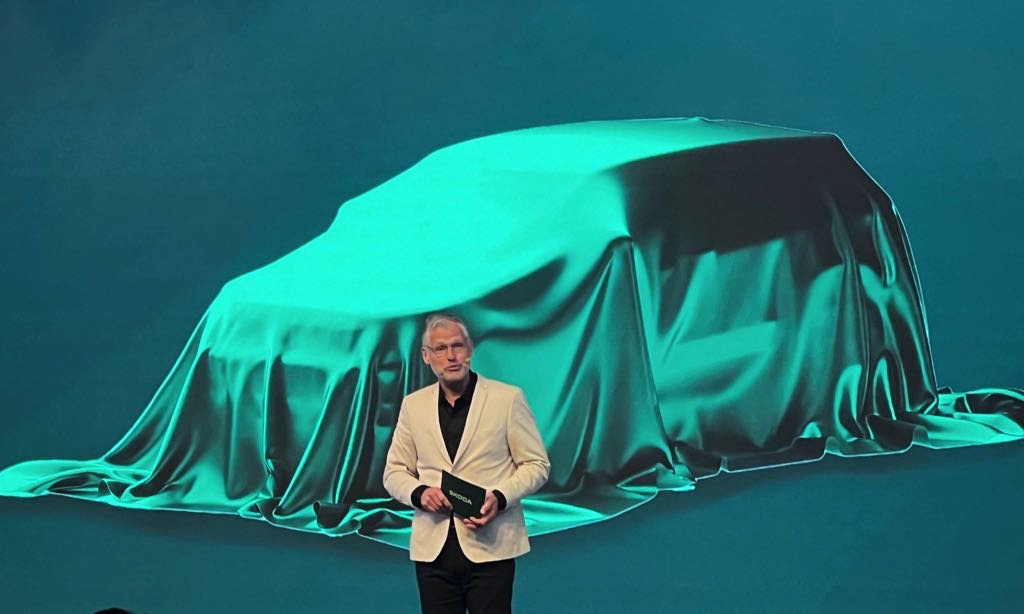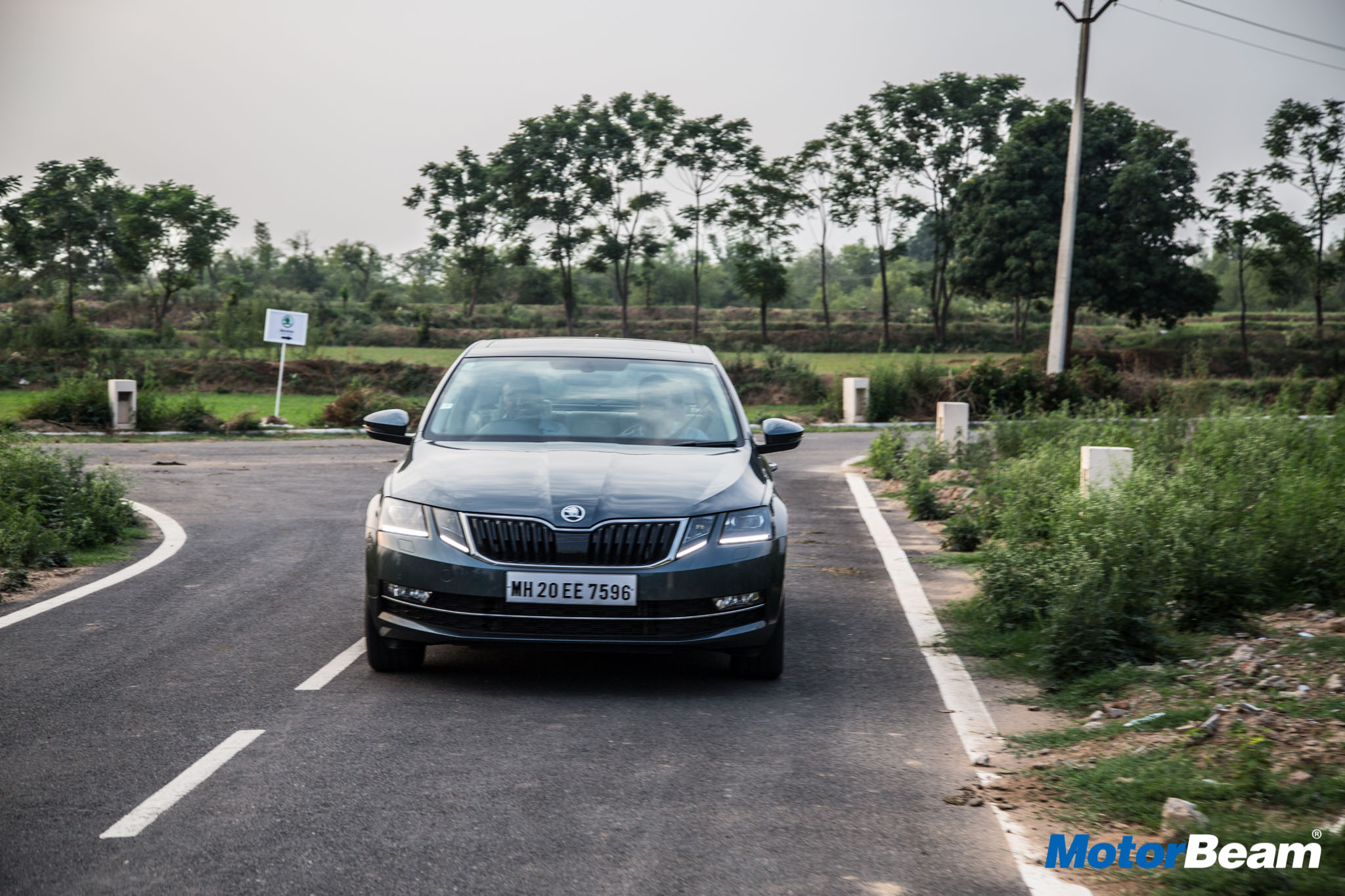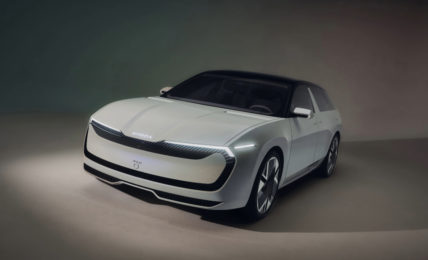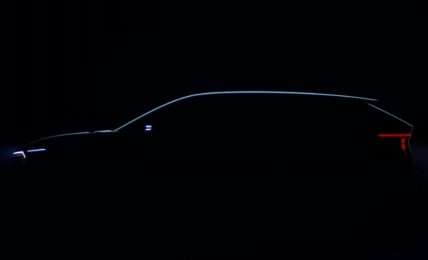
Skoda is considering mild hybrid powered vehicles for the Indian market
In a strategic move aimed at tapping into the growing automotive market in India, Skoda Auto’s CEO, Klaus Zellmer, has announced plans to introduce hybrid models, with a focus on mild-hybrids. This decision comes alongside the company’s ambitious goal of launching its first electric vehicle (EV) in India by 2027-28.
Strategic Choices for a Cost-Sensitive Market
Zellmer highlighted the practicality of mild-hybrids for a cost-sensitive market like India. “In a cost-sensitive country, it’s more advisable to look at mild hybrids, while strong and plug-in hybrids can maybe come in the upper segment,” he stated. This approach is based on the preference observed in Europe and China, where consumers favour options between Battery Electric Vehicles (BEVs) and Internal Combustion Engines (ICEs).
Global Experience and Local Adaptation
Internationally, Skoda’s lineup includes plug-in hybrids like the Kodiaq and the Superb, which offer an e-range exceeding 100 km. However, the higher costs associated with plug-in hybrids make them less suitable for widespread adoption in India. Instead, Skoda aims to leverage its mild-hybrid technology, already seen in models like the Octavia, which features a 48V mild-hybrid system paired with a 1.5-litre turbo-petrol engine.
Platform Capabilities and Future Models
The new MQB A0 37 platform, currently under evaluation for India, can accommodate a battery pack for a petrol-hybrid powertrain. This platform is set to support more feature-rich models than the existing India 2.0 cars, such as the Kushaq and Slavia. Future models based on this platform are expected to include advanced features like a 360-degree camera and an ADAS suite.
Volkswagen Group’s Search for a Local Partner
In parallel with Skoda’s hybrid strategy, the Volkswagen Group, Skoda’s parent company, is exploring partnerships with local firms to enhance market presence and optimise procurement and sourcing. Zellmer emphasised the importance of finding a partner that aligns with Skoda’s engineering, sales and procurement competencies. “A true partnership combined with Skoda’s engineering can be a winning combination in the Indian market,” he added.
Investment and Market Penetration Goals
Skoda aims to increase its market share in India, which stood at 1.19 percent in 2023, to 5 percent by 2030. The company’s focus on EVs and SUVs is expected to drive this growth. The Volkswagen Group’s existing collaboration with Mahindra for EV components highlights the potential for deeper partnerships to share costs and technology in developing low-cost EVs.
Future Plans and BEV Launch
Looking ahead, Zellmer confirmed the launch of a BEV by 2027-28, leveraging subsidy programs to tap into new growth potential. The company is also testing the popular all-electric Enyaq in India, aligning with the projected growth of EV penetration in the country to between 15-30 percent.





